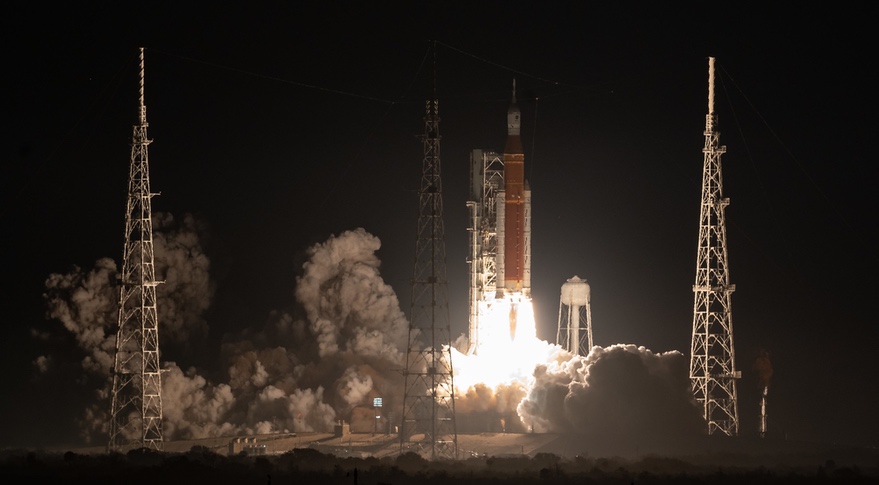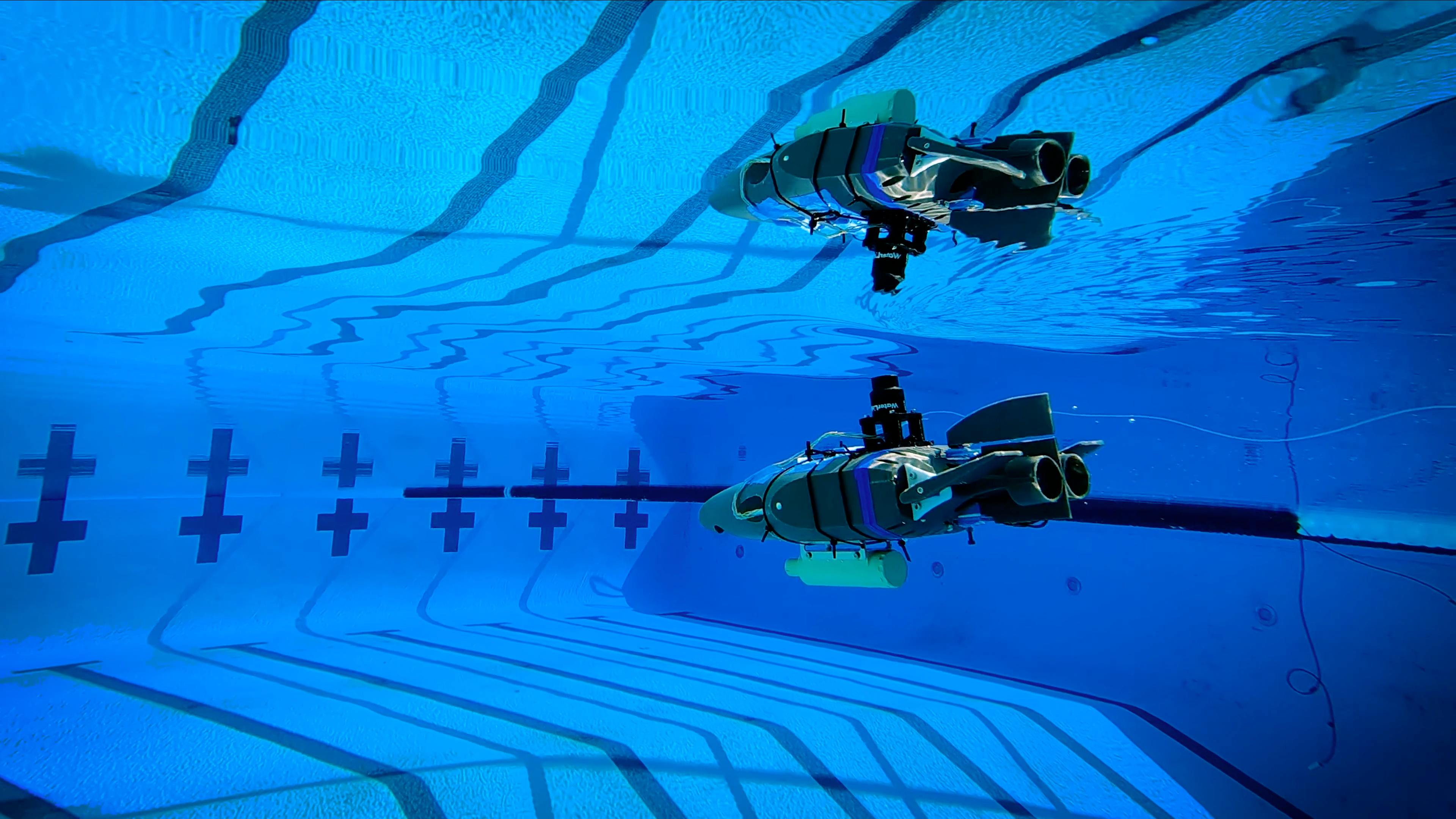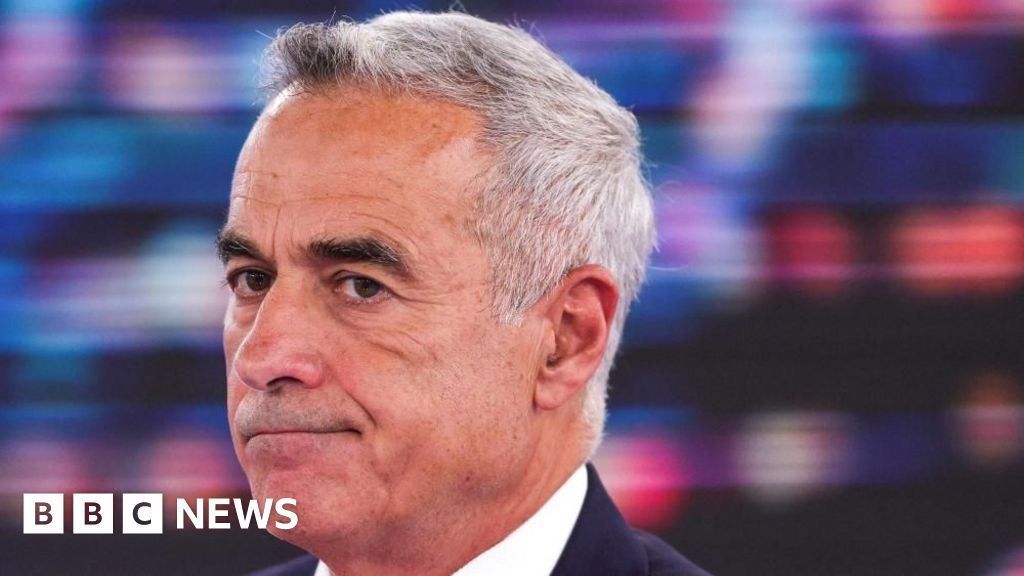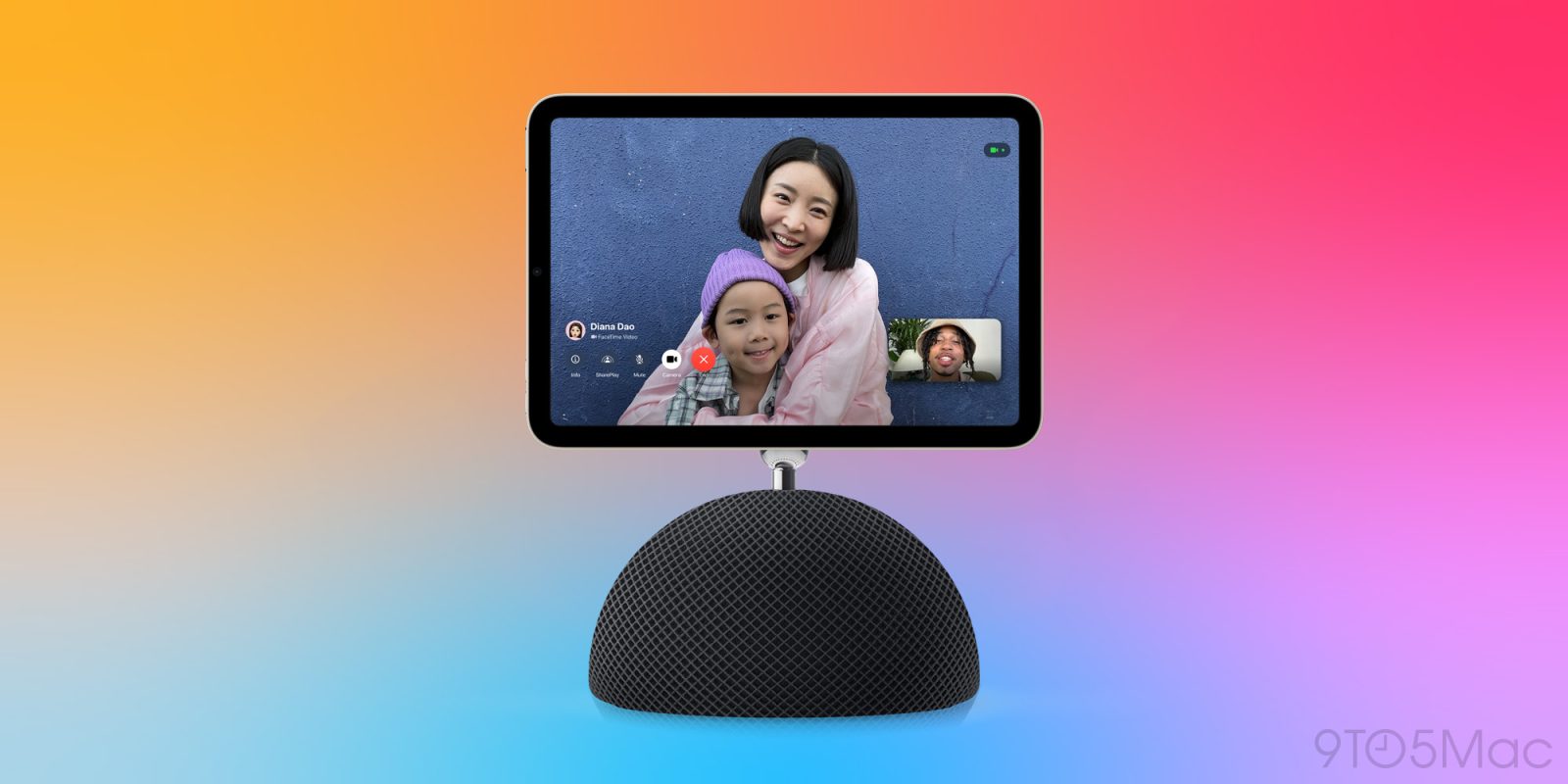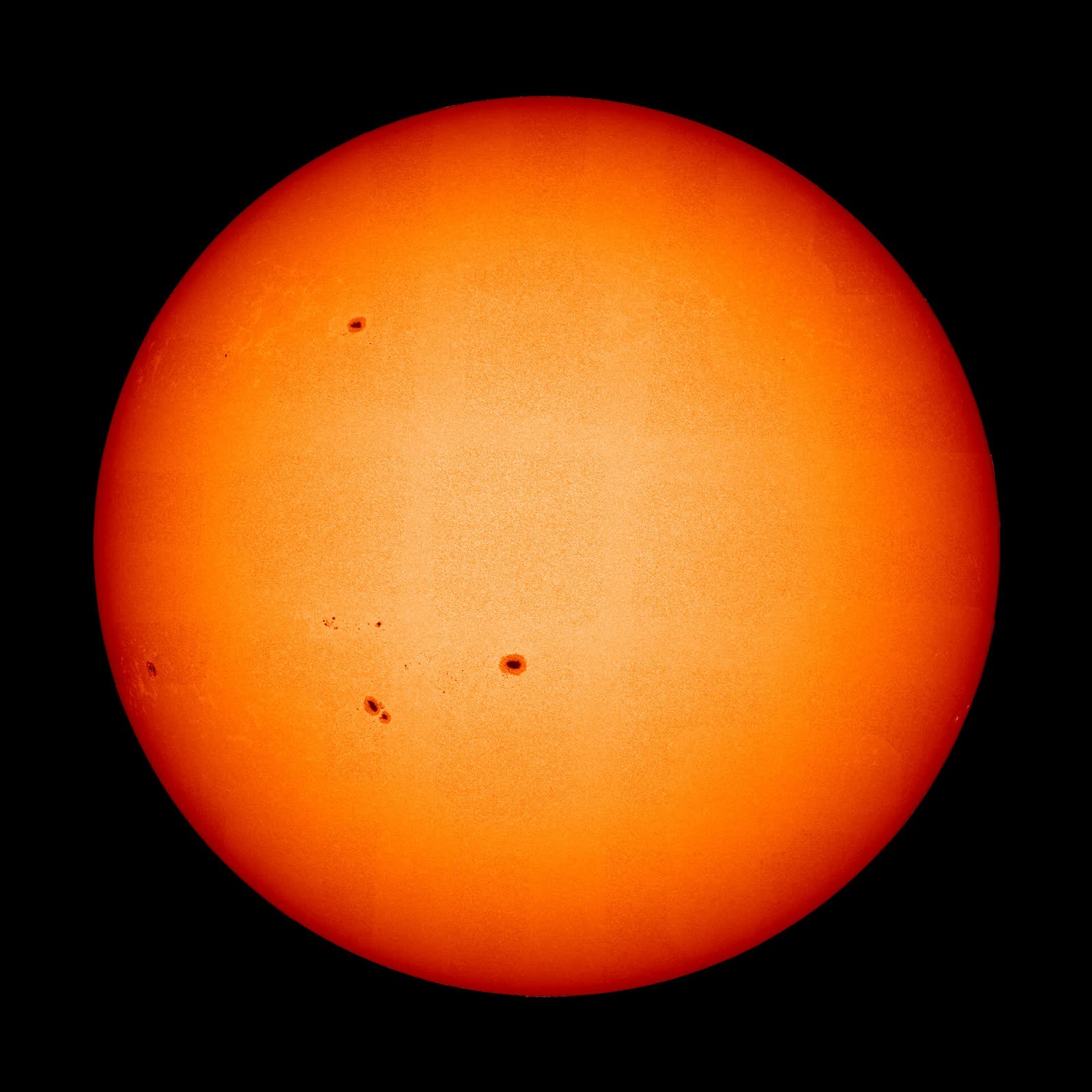ORLANDO, Fla. — NASA is concluding a project to gather insights from the Artemis 1 mission, focusing on technical and programmatic issues that can be valuable for the broader Artemis lunar exploration campaign.
During a panel at the SpaceCom conference on Jan. 31, NASA and industry executives discussed a comprehensive effort to formally compile insights from the 2022 mission. These insights will be beneficial for upcoming Artemis missions and other aspects of NASA’s exploration initiatives.
Janet Karika, principal advisor for space transportation at NASA, leading the lessons learned effort mentioned, “We wanted to come up with a way to capture all the lessons learned, to have Artemis 2 be as successful as possible. So, we took a new approach to lessons learned.”
This involved engaging with individuals across different levels of the workforce, along with internal and external stakeholders. The effort also included the involvement of experts in knowledge capture to ensure effective dissemination of the lessons learned.
Zudayyah Taylor-Dunn, chief knowledge officer of NASA’s space operations and exploration systems development mission directorates emphasized that it is not just about documenting the insights but also about ensuring their effective transfer to individuals.
Several of the insights from Artemis 1 are related to technical aspects of the Space Launch System, Orion, and Exploration Ground Systems. John Shannon, mission area vice president at Boeing Exploration Systems, mentioned a lesson learned regarding the difficulty of accessing parts of the SLS once at the pad for repairs, emphasizing the necessity for late access to hardware at the pad for future missions.
Paul Anderson, deputy program manager for Orion at Lockheed Martin, highlighted lessons learned in four broad areas: pre-launch processing, deep space operations, the Orion heat shield, and the effects of radiation on electronics.
The unexpected erosion of heat shield material on Artemis 1 prompted NASA to delay the Artemis 2 mission. According to Anderson, the investigation into this issue is close to understanding exactly what happened.
Lessons learned for ground systems include the impact of the SLS launch on the mobile launch platform, which suffered damage from liftoff. Lorna Kenna, vice president and program manager at Jacobs Space Operations Group, emphasized the need for improvements in certain systems in response to the effects of the launch.
Another aspect of the lessons learned involves management and coordination. Kenna noted the importance of fully partnered schedules among various programs to enable more informed decisions and improve risk trade decisions.
Karika emphasized the significance of schedule realism as a key lesson learned, stating that it was a contributing factor to the recent Artemis 2 delay.
While the immediate focus of the lessons learned will be to support Artemis 2, efforts are also being made to apply these insights to other elements of the overall Artemis lunar exploration campaign, including the Human Landing System, lunar Gateway, and spacesuits.
Taylor-Dunn highlighted the importance of addressing any concerns of “organizational silence” to encourage open communication and sharing of issues for learning and improvement within the organization.

